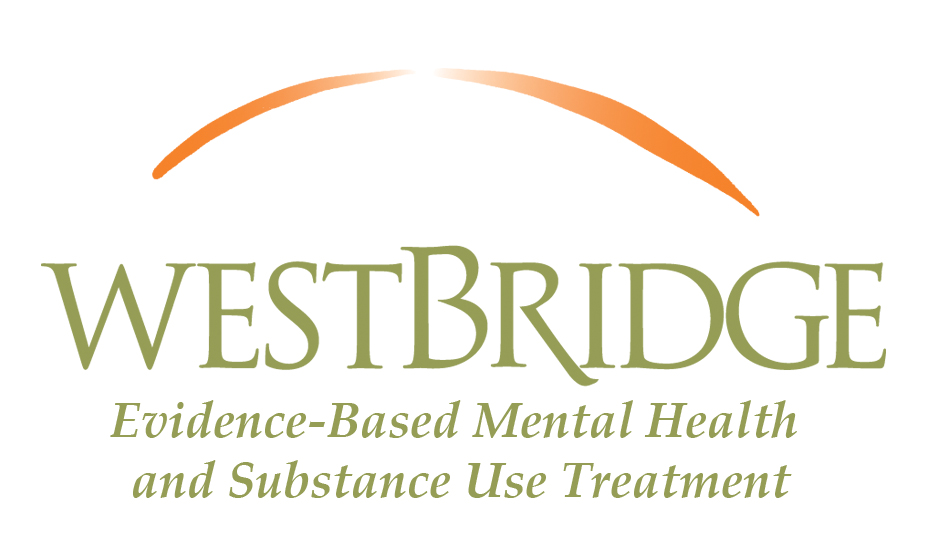Getting a poor night’s sleep can leave you groggy, unmotivated, and in a foul mood all day long—but sleep deprivation is much more than just an inconvenience. It can have a ravenous effect on your mental health. In fact, the mental health ramifications of sleep deprivation are both several and severe:
- Sleeplessness can inhibit your thought processes, literally slowing your train of thought.
- Excessive sleeplessness can impair your memory.
- Sleeplessness diminishes your morale and your optimism.
- Sleeplessness slows your reaction time and impairs your judgment.
In essence, all of the effects of a mental health disorder can be exacerbated when you’re not getting enough rest each night. For those recovering from a mental health problem, sleeping better should be a priority.
Yet for those who suffer from sleeplessness, this may sound like it’s easier said than done. A good first step is to discuss the matter with a WestBridge counselor. Our team uses Bisound Therapy and other methods to help participants develop healthier sleep routines.
Some further tips to combat sleep deprivation include:
- Cut out caffeine and other stimulants—or at the very least, avoid stimulant use after noon.
- Turn off all mobile devices and electronic screens at least an hour before bedtime—giving your brain some time to wind down.
- Don’t be afraid to take a quick cat nap in the morning or early afternoon to fight off excess drowsiness and get your body back on track.
- Be consistent in when you wake up each morning.
Sleeplessness is serious business, and should be treated as such. Your very mental health depends on it. Start fighting sleeplessness by using these tips.
